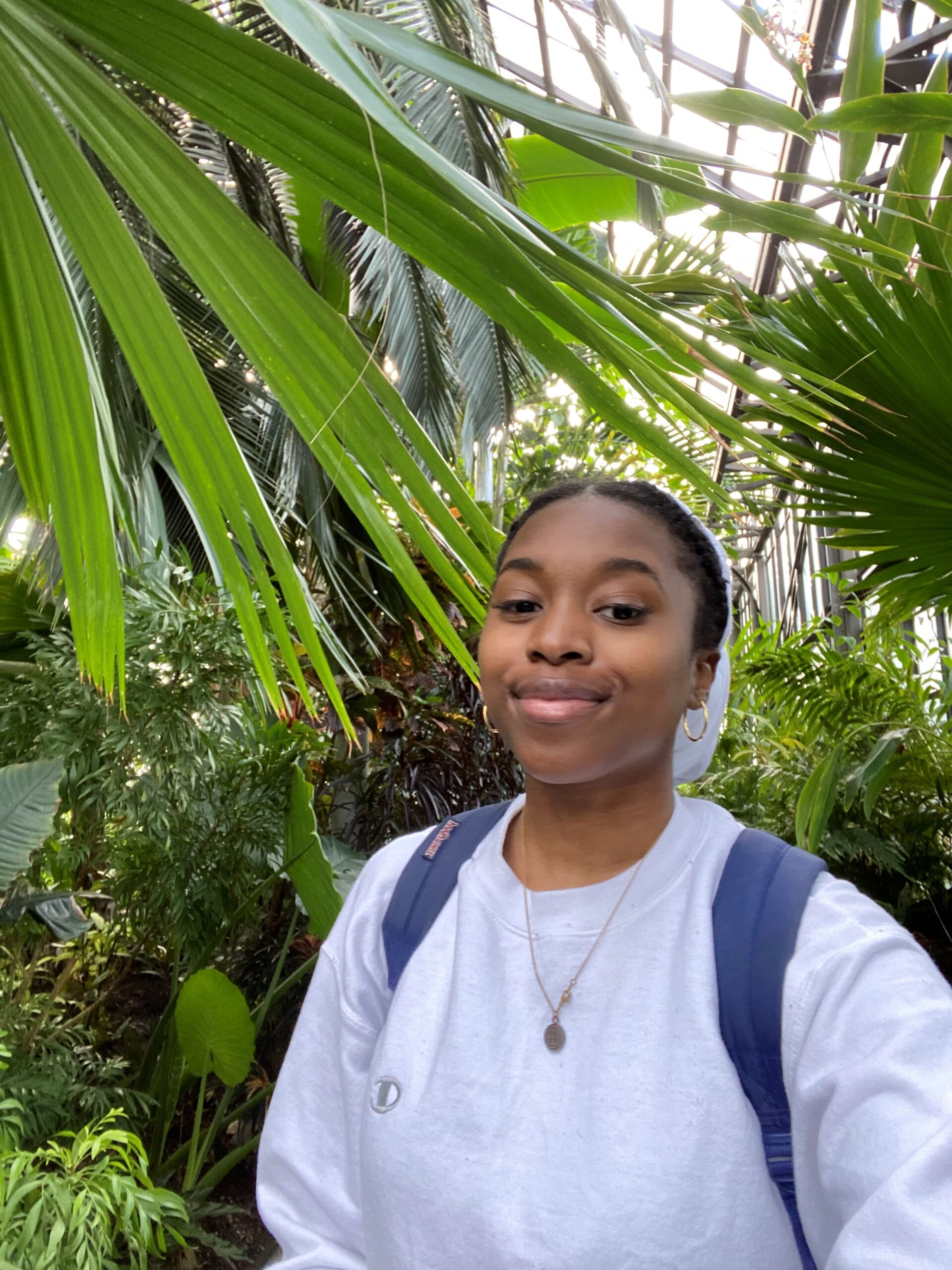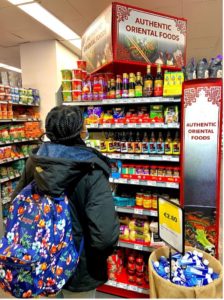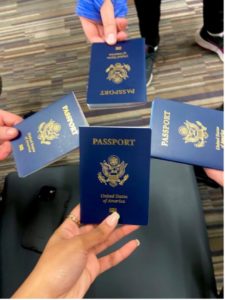If You Ain’t Got No Money… That’s Alright


Financial Aid Office
Congratulations! You’ve just gotten accepted into your dream study abroad experience. You can now utilize the packing and shopping lists you made five months prior when fantasizing about this happening, and buy your pending Amazon cart— oh wait, what’s that? You never thought you’d get this far and have no idea where the money to fund your experience is going to come from? And now you’re having a mini spiral about giving up the dream you’ve planted on your vision board for the past year? Well, I’ve got just the advice for you!
First things first, check with your financial aid office and or study abroad advisor to ask questions about how and if financial aid will be transferred to your semester abroad. In my case, my institution transferred the out-of-pocket cost for my semester to cover my abroad expenses. If they do then the funds will probably be transferred a week or two into the start of your home institution’s semester so asking for an extension on your bill for abroad is key, or even filling out a deferment form.
Scholarships

After and during the completion of your study abroad program application take note of the scholarships that are available or will be available that you meet the requirements of. When applying, ask your study abroad advisor at your home institution if there are any scholarships available just from your school which can help competition when applying for more all inclusive scholarships.
The Institute for Study Abroad, IFSA, has a variety of scholarships that can help finance your abroad experiences. Some scholarships include the IFSA First Generation Scholarship and IFSA Diversity Scholarship. Not to mention grants as well: IFSA Minority Serving Institution Grant, IFSA State School Grant, and country specific scholarships and grants. Some scholarships upon acceptance may also ask for work in return such as documenting your time to write content for their program, or send in photos. Beyond the world of IFSA there’s also the Fund for Education Abroad that provides scholarships and ongoing support to students who are underrepresented among the U.S. study abroad population and many others. However, please note that some applications could be due months in advance of when you think you want to apply for study abroad or when you just started your application and have not yet curated a concrete plan.
When applying for scholarships try to make a spreadsheet of deadlines, whether you may need a recommendation, or any supplementary material that is being asked of you. This will be incredibly helpful and handy when keeping track of everything.
Exchange Rate
But wait! The country I will be traveling to doesn’t use my home country’s currency, now what?
Well, that’s when you contact your local bank or credit union and ask about the exchange rate of converting currency and also foreign transactions. When going abroad it may be vital to exchange money before going and bring physical cash. The tricky part of this situation is finding an exchange rate that is fairly reasonable.
Personally when traveling to Glasgow I didn’t bring physical money with me which thankfully didn’t matter too much as the majority of places had contactless payment through Apple Pay. However coming from the U.S. I did have to exchange the American dollar for Great British Pound. I used an app called Revolute (free on the app store) and connected it to my bank account then freely exchanged currency. Revolute is like a virtual wallet that carries all types of currencies and knows which currency to use based on location so it is quite handy. And if you need a physical card then Revolute can send you a physical card as well for a fee.
Budgeting

Ah, we’ve gotten to the fun part and the arguably more adulting side: budgeting. When going abroad it is good to know how much money you can spend on a monthly basis that covers food, start-up costs such as pots and pans if they are not provided, hygiene products, and money to spend for nights out and trips in general. I found that making a spreadsheet (yes another) of spending makes a world of a difference. Start by deciding on the maximum amount you want to spend a month, mine was $1000, but after converting it was around 720 GBP which was still fine in my situation. After deciding that ballpark about how much you’ll need for monthly costs. For me I needed about 50 GBP a month for groceries and about 130 GBP for start-up costs. After your first month or so you’ll get a better idea of how you spend your money and a more accurate spreadsheet.
On top of spreadsheets becoming your new BFF so will dollar stores, or in my case the pound store. They hold virtually everything for such low costs, and it won’t be a heartbreaking experience to depart without them since whatever you may have bought was cost effective. And if you ever need to go anywhere check out the public transportation system. It’s a cheap alternative and a good way to see more of the place you’re in if you ever decide to take a bus and ride it to its last stop. If you do take the bus, check to see if they offer any free rides to students or people under 21.
And that’s all! See, no need to worry about money, it’s everywhere. Now, get to applying and don’t let a piece of paper be the one reason you can’t give yourself the world.
Chris C. | Franklin & Marshall College | IFSA University of Glasgow Partnership | Spring 2022